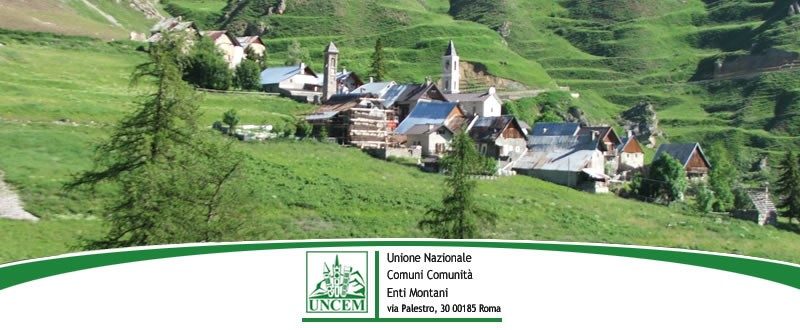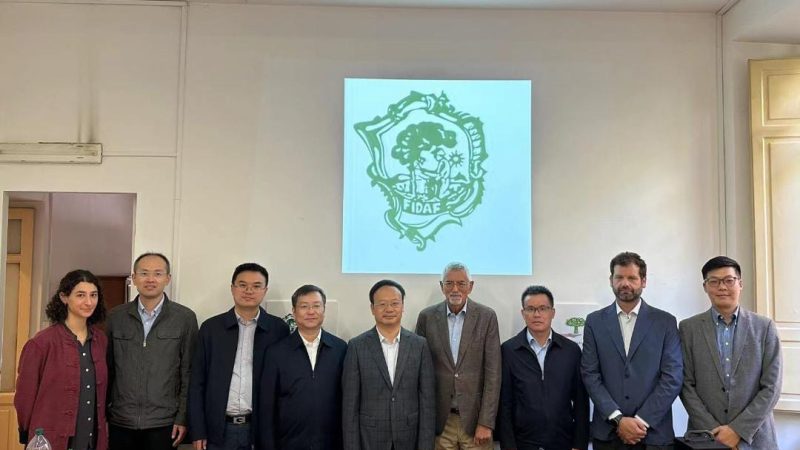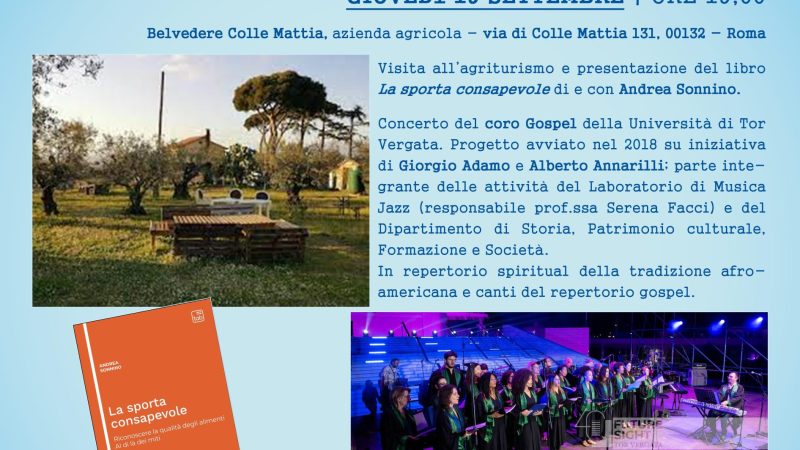La FIDAF tra gli organizzatori del Convegno G7 Special event “Forests for the World” – Roma, 15-16 ottobre 2024

15 ottobre ore 9:30 – 16 ottobre ore 13:00
Accademia Nazionale dei Lincei
Via della Lungara 10 – Roma
UNDER THE HIGH PATRONAGE OF PRESIDENZA DELLA REPUBBLICA ITALIANA.
Forests for the world G7 special event promoted by the ITALIAN MINISTRY OF AGRICULTURE, FOOD SOVEREIGNTY AND FORESTRY
In collaboration with FAO.
Organized by the ACCADEMIA NAZIONALE DEI LINCEI in collaboration withFAO, EFI, ACCADEMIA NAZIONALE DELLE SCIENZE, DETTA DEI XL, ACCADEMIA DEI GEORGOFILI ACCADEMIA NAZIONALE DI AGRICOLTURA, ACCADEMIA DI SCIENZE FORESTALI, SOCIETÀ GEOGRAFICA ITALIANA, FEDERAZIONE ITALIANA DOTTORI IN SCIENZE AGRARIE E FORESTALI, FEDERLEGNOARREDO.
On the occasion of the Italian 2024 G7 Presidency, the Italian Government, sensitive to environmen-tal problems and to the situation regarding the worlds’ forests, has reaffirmed its commitment to foster measures that promote the protection and sustainable management of forests. As an important asset for enhancing environmental quality and human welfare, forests urgently re-quire actions against the numerous threats they are facing. The meeting “Forests for the world” – to be held in Rome, at Accademia Nazionale dei Lincei, on October 15 and 16 – aims to highlight situations and needs of some of the world’s major forests and to compare strategies and actions in place for their safeguard and enhancement. Special attention will be given to the EU Regulations on marketing of timber and food commodities, the proposals elaborated by countries that harbour the world’ larges forests for the creation of an International Fund for financing safeguarding measures, as well as local initiatives supported by national and international agencies, foundations and private partners in a spirit of constructive cooperation.
Rational
Forests and trees cover 31% of the earth’s surface; 54.1% of them are in five countries (Brazil, Canada, China, the Russian Federation and the United States of America). The area is shrinking, with over 10 million hectares of forest lost every year.
Forests provide habitat for 80% of the world’s known animal species and 70% of vascular plant species. About 18% of the world’s forest area is in protected areas, but forest biodiversity re-mains heavily threatened by deforestation and forest degradation.
The forests cover 39% of the EU’s land area, with two thirds in Sweden, Finland, Spain, France, Germany and Poland (coverage varies from 60% in Finland, Sweden and Slovenia to 9.9% in the Netherlands). Only 4% of land has not been modified by humans, 8% is plantations, while the rest belongs to the semi-natural forest category. About 60% of the EU forests belong to the private sector.
The EU imports 1.829 billion euros of sawn material (2023) mainly from Ukraine, Cameroon, USA and Norway and 625 million euros of trunks; 50% from Norway and the rest from Brazil, Swit-zerland, USA and UK.
The EU Timber Regulation (EUTR) 995/2010 prohibits the import of illegal timber and de-rived products and obliges importers and traders to verify the origin of the imported material and to record data that allow the product traceability. An ad hoc import licensing system (Forest Law En-forcement, Governance and Trade, FLEGT) has been set up, with a Voluntary Partnership Agreement (VPA) between EU and a timber producing country as a key element. The first agreement, active since 2016, has been signed with Indonesia. Negotiations are in progress with other countries.
A public consultation on the EUTR subject (Impact assessment / Fitness check) indicated that sustainability issues are very high (88% of support) and stressed the opportunity of broadening the effects of the regulation, being the EU responsible for 16% of global deforestation.
At the Brazzaville Summit (October 2023) the delegates of the Amazonia, Congo and Borneo-Mekong basin countries – which possess 80% of tropical forests and two thirds of terrestrial biodiver-sity – called for a coalition of leaders to discuss how to finance the protection of their environments rich in wildlife and important carbon dioxide storage sites.
The Brazzaville Summit was preceded by the Amazon Summit (Belém do Pará, 7-8 August 2023), in which the Presidents of the Amazon countries – Bolivia, Brazil, Colombia and Peru – and the representatives of eight governments from Africa and Asia, drafted a joint statement “United for our forests”, highlighting the following points: failure of the industrial countries to fulfil their com-mitment to provide funds to face the climate crisis and the biodiversity conservation; disproval of some measures as a “hidden restriction on international trade”; the need for “preferential access of forest products” and demanded that rich countries accelerate the decarbonization of their economies and recognize “the invaluable contribution of indigenous people and local communities” to forest conservation.
The first global assessment of the Paris Agreement presented at COP 28 (Dubai, 30/11 – 12/12, 2023), noted the delay of some countries in achieving their targets and highlighted the need to reduce global greenhouse gas emissions by 60% of the 2019 values, to limit global warming to 1.5 °C by 2035. World leaders also discussed the urgency of halting and reversing deforestation and forest degradation by 2030, while maintaining the objectives of the Paris Agreement and the “Decla-ration on forests and land use” drawn up at COP26 (Glasgow, 2021). The event in Dubai was preceded by the announcement of Brazil’s attempt to set up an international forest conservation fund. With the addition of “forest degradation” in addition to “deforestation”, in the final statement, the international community decided to coherently address the unsustainable exploitation of forest resources and the significant gas emissions, and to create a fair and responsible path of action.
Europe expressed a willingness to intensify its cooperation with timber producing countries and presented a series of monitoring and prevention measures and tools, which include the updating of the EUTR regulation (EUDR: EU Reg. 2023/1115 of 5/31/23), expanding the timber trade measures to some produce (soya, palm oil, beef, coffee, wood products, printed products and rubber), by 30/12/2024. This measure will introduce a series of mandatory controls for which importing, trans-forming and exporting companies will have to trace the products from the place of production, certi-fying that they do not derive from land deforested or degraded after 31/12/2020, that these products comply with the legislation of the producing country, including respect for human rights and the rights of the concerned indigenous populations. The Regulation – which came into force on 20/6/2023 and provides for deadlines from 1/1/2024 with some refitting – is at the core of discussions between member states and trade associations, which anticipate possible market distortions. Although the EUDR is a European rule, its implications are effectively global given the volume and international scope of European trade in processed products.
Objectives
Organized under the High Patronage of the President of the Italian Republic and the Patronage of the Italian Ministry of Agriculture, Food Sovereignty and Forests, the event aims to give new impetus to the urgent issues relating to world forests. With the participation of also political, institu-tional and scientific representatives, we hope to strengthen the attention of the G7 member countries, the international community and the private economic sector to the serious measures that are needed for the wood and forest conservation and protection, and to the importance of silviculture for sustain-able forest management worldwide.
The meeting will provide the opportunity to present sustainable forest management actions underway in Italy, in the EU and other areas of the world, and examine the issues emerging from EU initiatives on timber import certification.
The meeting may also lead to the development of proposals for strengthening and enlarging existing tools and the adoption of innovative policies for the protection and development of forests, as indicated in the recent international summits in Brazzaville, Belem and Nairobi, the contents of which will be presented during the conference.







